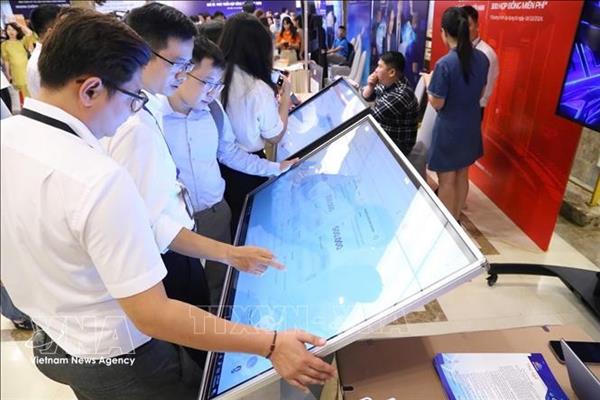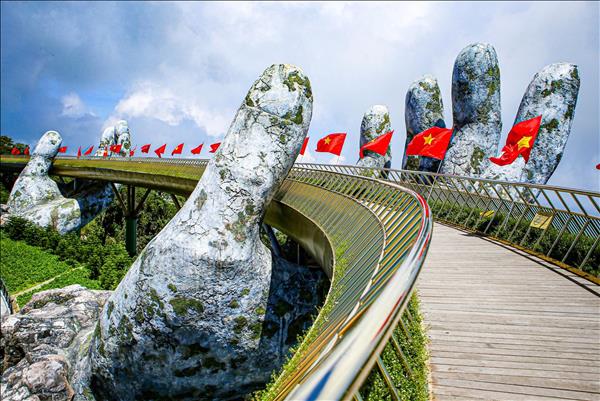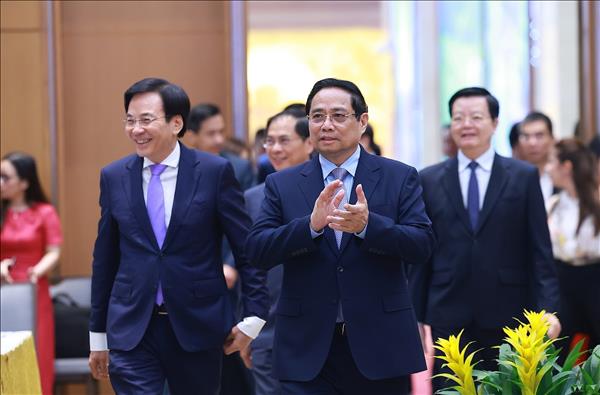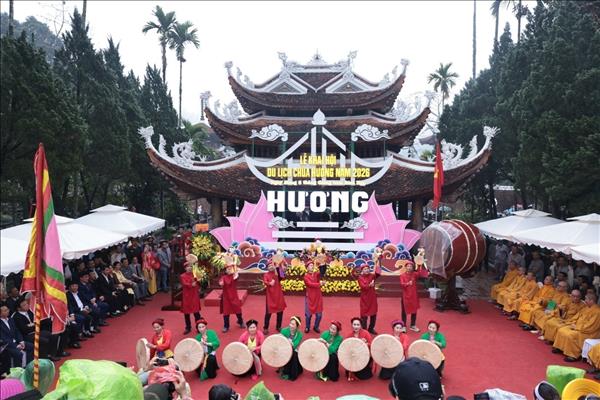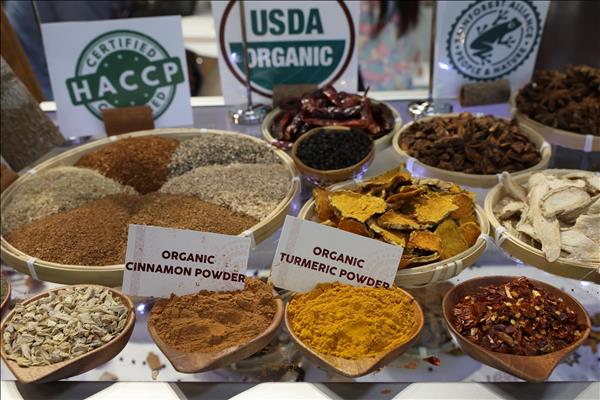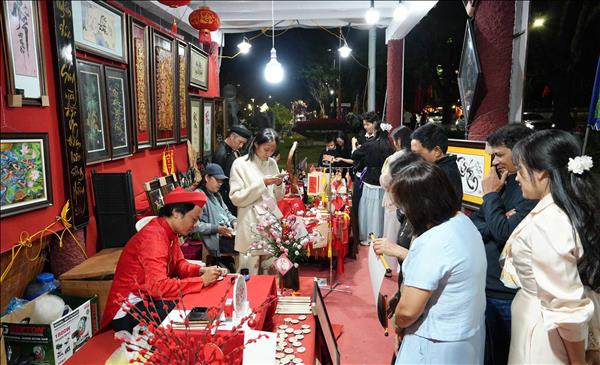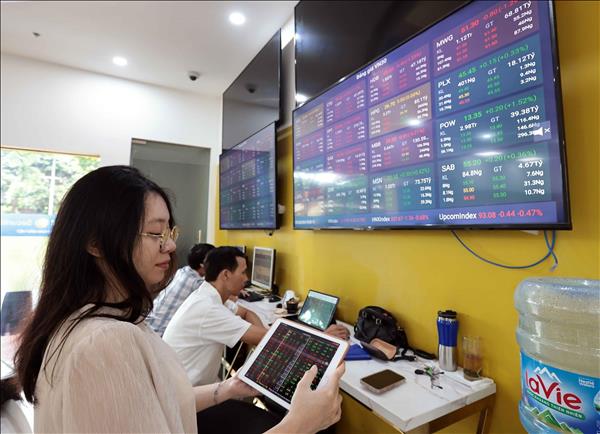On June 7, at the 73rd Session of the United Nations General Assembly, Vietnam, the only candidate of the region of Asian-Pacific countries was selected as non-permanent member of the UN Security Council with an overwhelming vote of 192 out of 193 member countries and territories of the UN Security Council. It is the second time Vietnam has received support from countries to take the position, providing it a chance to promote its successes obtained in the term of 2008-2009 and continue making concrete and responsible contributions to the United Nations in general and the UN Security Council in particular in its 2020-2021 term. On this special occasion, Vietnam News Agency correspondent in Washington DC interviewed Hunter Marston, a former senior research assistant at the Brookings Institution.
According to Hunter Marston, it is highly significant that Vietnam was chosen as a non-permanent member of the United National Security Council for 2020-2021. Vietnam has shown that it is a major player in international trade and diplomacy as well as regional security in Southeast Asia. Vietnam can contribute in notable ways in areas of public health, combatting infectious disease, promoting maritime security, anti-piracy, as well as preventing illegal fishing and human trafficking. Vietnam is also a leader in deactivating unexploded ordinances and can provide an example to other nations looking to develop renewable energy sources.
Hunter Marston said that Vietnam has proven it can facilitate regional diplomacy at the highest levels that can be seen through its central role as the host of the talks between North Korean leader Kim Jong- un and US President Donald Trump in Hanoi in February. At the United National Security Council, Vietnam will also have a major venue to voice its concerns over issues related to East Sea disputes and international maritime law. Hanoi will have an opportunity to express its point of view on these issues and to show how it can contribute to maritime security and regional stability. Considering Vietnam will be ASEAN Chair in 2020-2021, these parallel leadership opportunities present significant windows of opportunity for Hanoi to present its case to the world.
Hunter Marston acknowledged that besides great opportunities, Vietnam will have to face some challenges in the context when UN Security Council members have different viewpoints in many international issues. Vietnam probably encounters different views on the East Sea and pressure from other countries on the issue of human rights.
However, Hunter Marston was optimistic about Vietnam’s capacity and thought that Vietnam has demonstrated its growing regional clout and the important contributions it can make on issues of international law, maritime security, global trade, environmental protection, and other shared regional challenges. He hoped to see Hanoi to share its expertise in these numerous areas as well as clearly express its perspectives to international heavyweights, such as the five permanent members on the Security Council: the United States, China, UK, France, and Russia.
According to Hunter Marston, it is highly significant that Vietnam was chosen as a non-permanent member of the United National Security Council for 2020-2021. Vietnam has shown that it is a major player in international trade and diplomacy as well as regional security in Southeast Asia. Vietnam can contribute in notable ways in areas of public health, combatting infectious disease, promoting maritime security, anti-piracy, as well as preventing illegal fishing and human trafficking. Vietnam is also a leader in deactivating unexploded ordinances and can provide an example to other nations looking to develop renewable energy sources.
Hunter Marston said that Vietnam has proven it can facilitate regional diplomacy at the highest levels that can be seen through its central role as the host of the talks between North Korean leader Kim Jong- un and US President Donald Trump in Hanoi in February. At the United National Security Council, Vietnam will also have a major venue to voice its concerns over issues related to East Sea disputes and international maritime law. Hanoi will have an opportunity to express its point of view on these issues and to show how it can contribute to maritime security and regional stability. Considering Vietnam will be ASEAN Chair in 2020-2021, these parallel leadership opportunities present significant windows of opportunity for Hanoi to present its case to the world.
Hunter Marston acknowledged that besides great opportunities, Vietnam will have to face some challenges in the context when UN Security Council members have different viewpoints in many international issues. Vietnam probably encounters different views on the East Sea and pressure from other countries on the issue of human rights.
However, Hunter Marston was optimistic about Vietnam’s capacity and thought that Vietnam has demonstrated its growing regional clout and the important contributions it can make on issues of international law, maritime security, global trade, environmental protection, and other shared regional challenges. He hoped to see Hanoi to share its expertise in these numerous areas as well as clearly express its perspectives to international heavyweights, such as the five permanent members on the Security Council: the United States, China, UK, France, and Russia.
VNP

